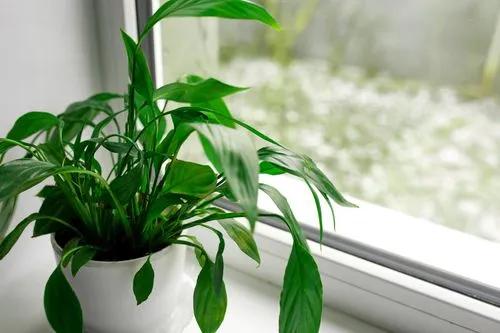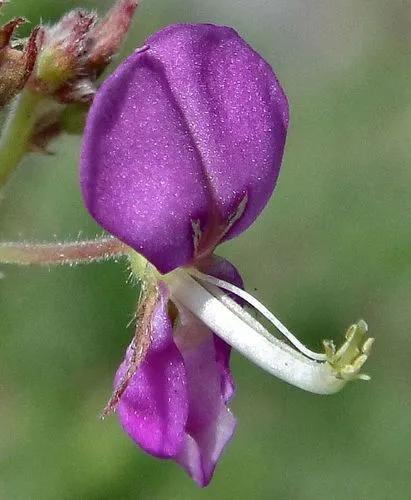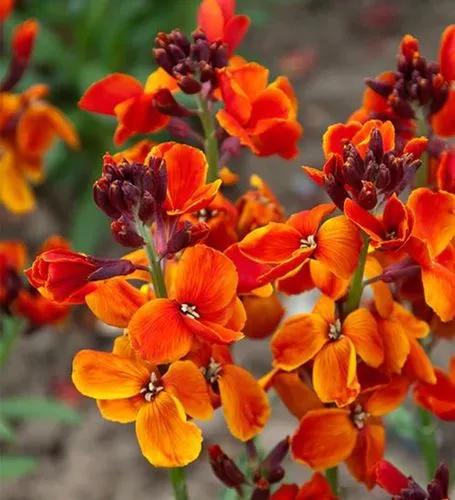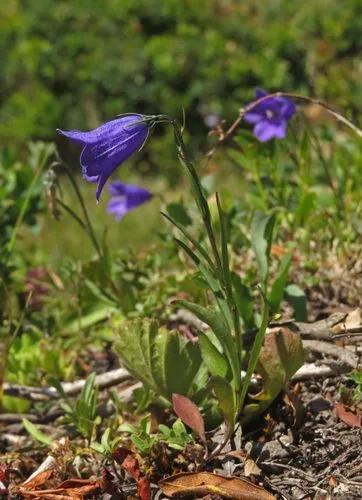Brassavola nodosa is a small, tough species of orchid native to Mexico (from Tamaulipas south to Chiapas and the Yucatán Peninsula), Central America, the West Indies, and northern South America (Venezuela, Colombia, Guyana and French Guiana). It is also known as "lady of the night" orchid due to its citrus and gardenia-like fragrance which begins in the early evening. It has been widely hybridized and cultivated for its showy flowers and pleasing scent.
Knobby Brassavola Care
Brassavola Nodosa
Other names: Knobby Brassavola, Bletia Nodosa, Bletia Rhopalorrhachis, Brassavola Grandiflora, Cymbidium Nodosum, Epidendrum Nodosum



How to Care for the Plant

Water

The cultivated plants should undergo at least a two-week period of drought, so that the growth mature and to stimulate flowering. In the period of strong growth, the plants needs abundant watering and the growing medium should be moist. Watering every 2-3 days during the hottest and the brightest period of the year corresponds to the conditions of most natural habitats.

Fertilizer

During the period of strong growth, the plants should be fertilized every week with 1/4-1/2 of the recommended dose of fertilizer for orchids. You can use fertilizer with low nitrogen content and high phosphorus content in autumn. It improves flowering in the next season and strengthens new growth before winter.

Sunlight

Brassavola nodosa needs a light level of 25000-35000 lux. These plants are able to tolerate higher light intensity if they are gradually accustomed to it. When the light intensity is higher, you need to ensure high humidity and significant air movement. To avoid burns, you also need to ensure that water does not remain on the leaves during the strongest sunshine.

Soil

Brassavola nodosa with high demands on irrigation during the growth period require the use of a very loose, well-permeable substrate, eg pine bark, pieces of cork or tree fern fibers with medium or high gradation. Small pots should be used so that the roots only fit and take place for about two years.

Temperature

It is a thermophilic plant. The average temperature in the summer at 31 °C, at night 23-24 °C, with a daily difference of 7 °C. The average winter temperature is in the day 25-26 °C, at night 17 °C, the daily difference is 6 °C.
Discover more plants with the list below
Popular articles






